Jakarta, 19 Safar 1436/12 December 2014 (MINA) – The Investment Coordinating Board (BKPM) is shutting down part of its frontline licensing services and going online in an effort to attract investors with simplified procedures and a cross-institutional integrated system.
The agency will scale down its face-to-face permit application system on Friday to only allow consultation services and basic troubleshooting for prospective investors, according to the BKPM’s deputy head of investment services, Lestari Indah.
“On Dec. 15 the board will introduce its online license-application system to replace the direct consultation approach in order to ease public usage. We’ll reduce the number of counters from 20 to around six but deploy more people for data verification,” Lestari told reporters in a media briefing in South Jakarta on Thursday, Indonesian daily The Jakartapost quoted Mi’raj Islamic News Agency (MINA) as reporting on Friday.
Newly installed BKPM chief Franky Sibarani will launch the online service, dubbed the information and investment licensing electronic services system (SPIPISE) to improve internal coordination ahead of the nationwide implementation of a one-stop integrated services center (PTSP) in January 2015.
Also Read: Saudi Arabia Wins Bid to Host World Expo 2030
Streamlining whole licensing procedures under the BKPM as the single body handling investment permits is one of President Joko “Jokowi” Widodo’s key targets, a service he expects to be in place within four months.
Investment is regarded as a key feature of economic growth in Southeast Asia’s largest economy as it accounts for 30 percent of gross domestic product (GDP) — the second-largest growth driver after consumer spending.
Lestari said that her office would prioritize the quick handling of investment permits in six main sectors: power generation, labor intensive industries, the maritime sector and import-substitution, export-oriented and downstream industries.
According to Lestari, investors will be able to apply online for new “principle permits”, which serve as initial investment licenses, permanent business permits, branch office permits and even applications for incentives like zero import duties for machinery. Investors would also be able to apply for permit expansion, modification and merging, she added.
Also Read: 148 Products from Indonesia Promoted at Sarawat Superstore Jeddah
In 2012, the BKPM introduced its online tracking system, allowing investors to check the progress of their applications online. Since then, the board had only upgraded its internal coordination system, while most other services remain a manual undertaking.
Lestari said that her division had received many complaints from investors about the tedious waiting time at the front office, with people standing in line for up to four hours to be served. With the current offline approach, the BKPM has been able to process around 250 applications a day.
She said that the online system would allow people to file their license applications from anywhere in the world, without having to visit BKPM offices.
“All documents that are uploaded into the system need to be verified. We currently have around 70 people engaged in that, but we definitely need more in the back office,” BKPM legislation, public relations and executive administration bureau head Ariesta R. Puspasari told The Jakarta Post.
Also Read: Packaging Industry Supports Halal Ecosystem
Consistent improvement in this field will help attract more investment to Indonesia, which jumped three spots to 114th in the World Bank’s Doing Business 2015 report rankings, in which a total of 189 nations were graded according to their ease of doing business.
“Our foreign direct investment [FDI] figure is still low compared with our peers. We attract only 13.4 percent of total global FDI in ASEAN and are ranked fourth after Singapore, Thailand and Vietnam. That is despite our huge market, which represents 40 percent of the region,” Franky told the Post in a recent interview.
Indonesia’s realized investment grew 16.8 percent to Rp 342.7 trillion ($27.86 billion) between January and September this year from the same period last year, of which 66.6 percent or Rp 228.3 percent was FDI and the remaining 33.4 percent or Rp 114.4 trillion was domestic direct investment (DDI). FDI grew 14.6 percent while DDI grew by 21.6 percent.(T/P009/R04)
Also Read: Indonesia-Japan Agree on Energy Transition Cooperation
Mi’raj Islamic News Agency (MINA)
Also Read: Dubai Expo 2020 Holds Special Event for Palestine





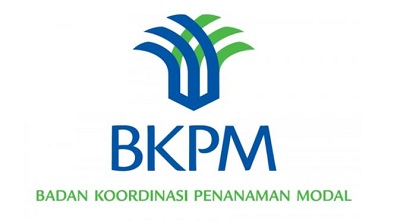







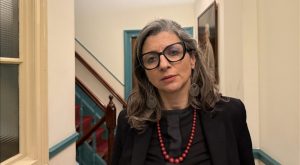


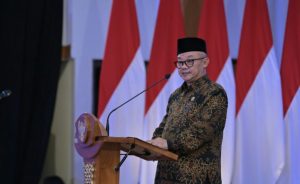


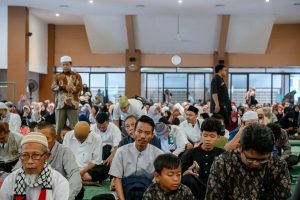
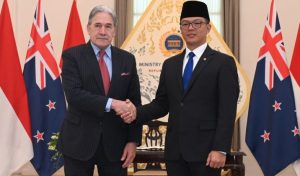
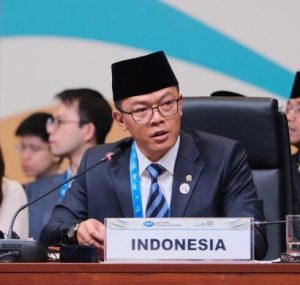






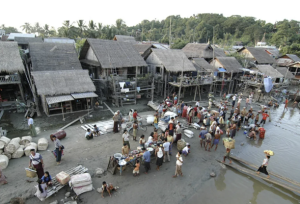


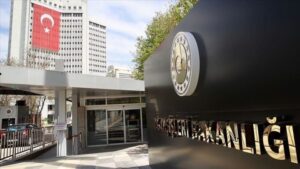
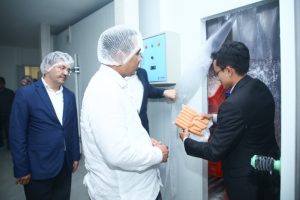
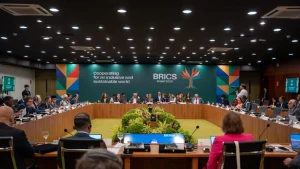



 Mina Indonesia
Mina Indonesia Mina Arabic
Mina Arabic